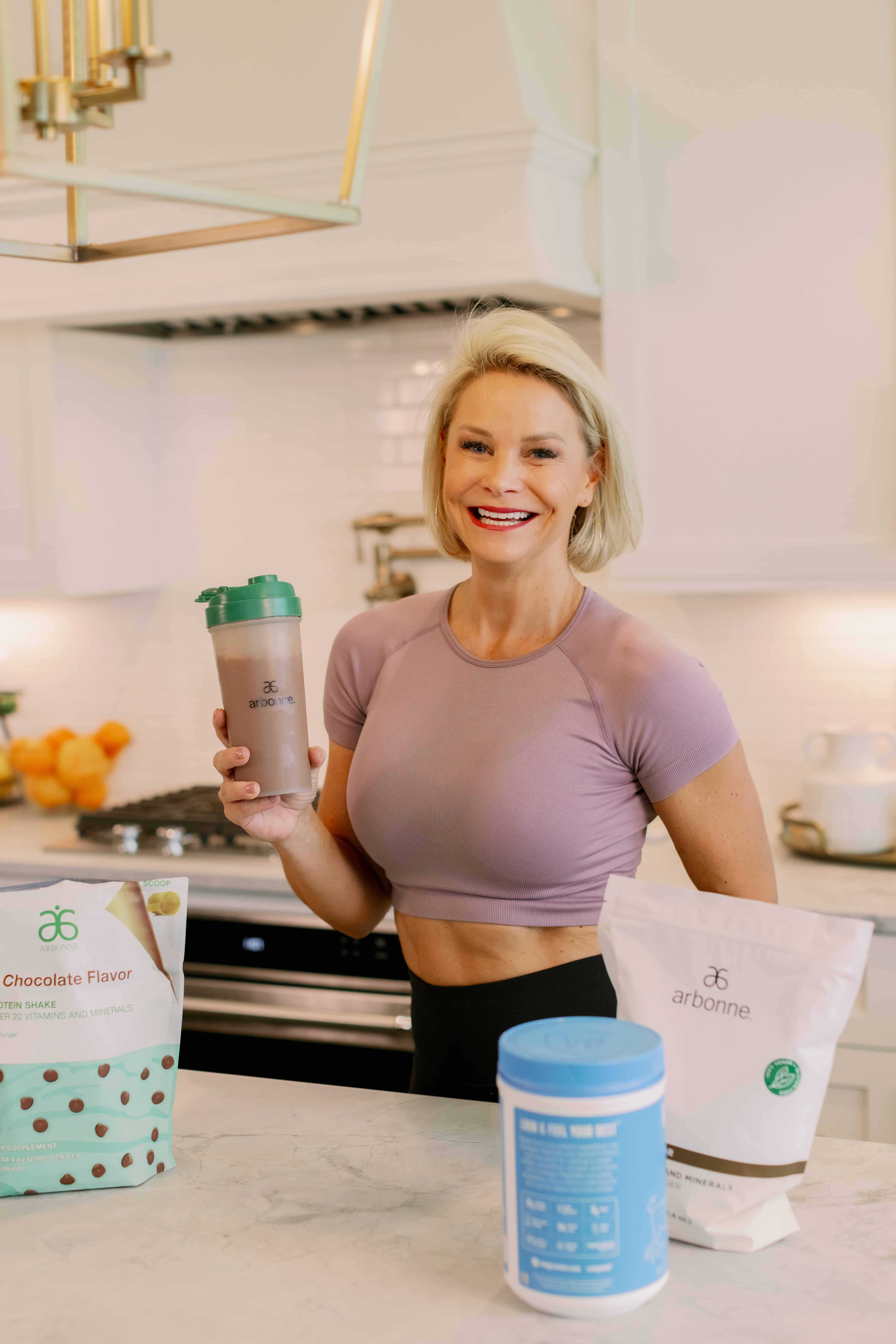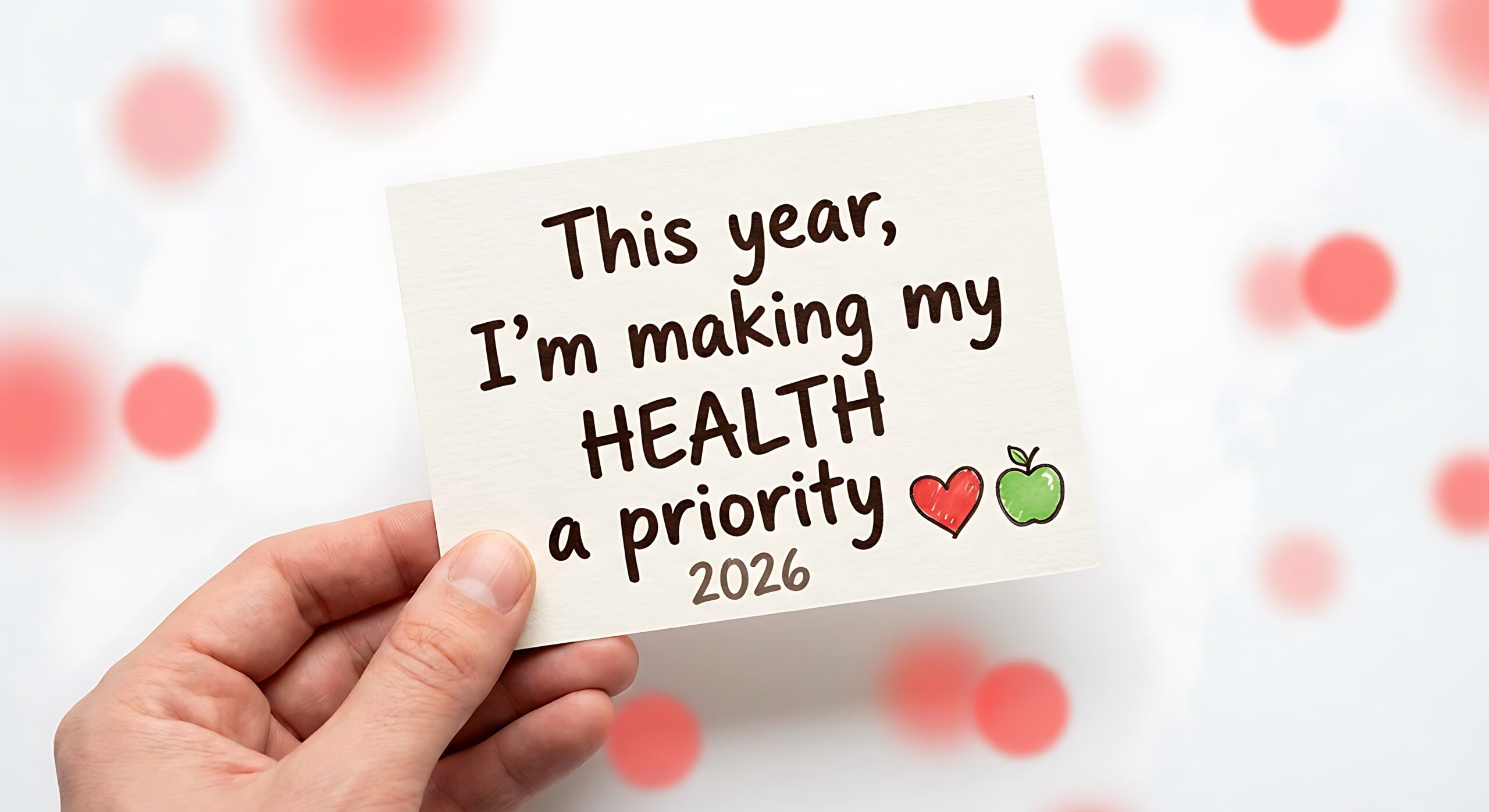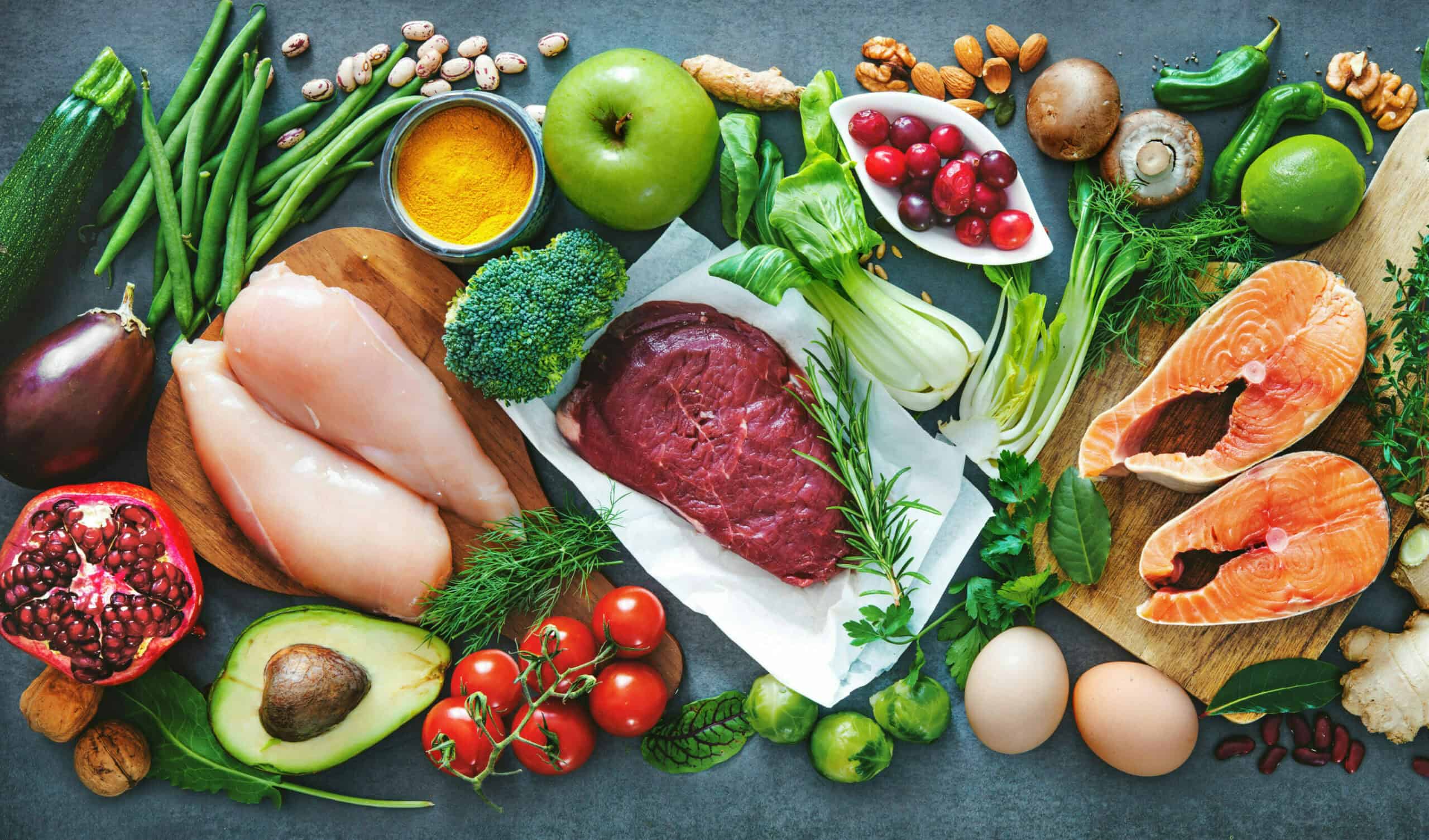If you’re struggling to drop the extra pounds, it’s probably because your diet lacks protein!
Protein—the king of macros—can do wonders for your physique, and you’re about to learn why.
Get ready, we’re going to break down everything you need to know about protein and why it’s crucial for your weight loss. We’ll also talk about protein’s health benefits, why your body can’t live without it, and how to eat it the right way.
Is your notebook ready? Let’s get right into it…
What exactly is protein?
When you hear the word protein, does chicken breast come to mind? Animal products, like chicken breast, tend to be high in protein because it forms the building blocks of animals’ bodies just like it does in ours.
Proteins are large, complex molecules that play many critical roles in the body. They are made up of hundreds of thousands of smaller units called amino acids. Amino acids attach to one another and form long chains. The sequence and type of amino acids that combine determine how the protein functions and its benefits to our bodies.
For example, some proteins are antibodies that bind to foreign particles, like viruses and bacteria, to help protect our bodies from sickness. Some proteins act as messengers that signal our bodies to complete an important biological process. Many proteins in our bodies are structural, providing support for cells and allowing the body to move.
While there are more than one hundred different structural proteins in our bodies, the most abundant by far is collagen, which makes up about 6% of our total body weight. Collagen also makes up 30% of our bone tissue and comprises large amounts of our tendons, ligaments, cartilage, skin, and muscle.
How do we get protein?
Ever heard the term “essential amino acids?” This term reminds us that it’s essential we receive certain amino acids through our diets.
There are only 20 amino acids that make up all the proteins we have in our bodies. Our bodies produce 11 of these amino acids, even if we do not get them from the food we eat. The remaining 9 (which we call “essential amino acids”) we can only get from food.
When a food contains all nine of these essential amino acids, we call it a “complete protein.” Nuts, seeds, whole grains, and beans contain incomplete proteins, which our bodies can use to piece together the amino acids it needs. Other foods already come as a complete package, with all nine essential amino acids, like:
- Meat
- Poultry
- Fish
- Eggs
- Dairy products
- Quinoa
- Buckwheat
- Hempseed
- Blue-green algae
- Soybeans
How much protein should you eat every day?
Proteins are found in every part of your body tissue—they make you what you are and keep you that way.
The current Recommended Dietary Allowance (RDA) for protein tells us the minimum amount of protein we need every day to prevent lean body mass loss—this number is often misunderstood as the recommended optimal daily intake.
For your body to function at its best, protein needs to make up 20-30% of your daily food intake, a much higher number than the RDA.
So what happens if your diet is starving your body of needed protein, and can you go overboard in your protein consumption?
Not enough protein in your diet results in…
- A weakened immune system
- Risk of bone fracture
- Swelling
- Hair loss
- Brittle nails
- High blood pressure
- Muscle weakness and wasting
- Irregular menstrual cycles
Too much protein in your diet results in…
- Weakened kidneys
- Indigestion
- Bloating
- Dehydration
How your weight and protein intake relate…
Your body weight is directly affected by the adequacy and quality of the protein in your daily diet. Protein is an amazing teammate when you’re working to lose or maintain a healthy weight for four main reasons:
- Protein is satiating: Because it takes much longer to digest protein than to digest carbs and fats, protein reduces our appetite and keeps us fuller for longer. Protein also combats and decreases ghrelin, also known as “the hunger hormone.”
- Protein increases muscle mass: Proteins are the building blocks for our muscles. They allow us to gain that lean muscle mass we are working so hard to achieve while strength training. According to the National Institutes of Health, the Recommended Daily Allowance of protein is lower than the Acceptable Macronutrient Distribution Range (AMDR). Increased protein intake, they say, gives you greater strength, improves muscle mass gains and preservation, and limits age-related muscle loss.
- Protein repairs cells: Every cell in the human body—including the ones that make up healthy bones, muscles, cartilage, and skin—contains protein. The protein we consume on a daily basis allows our bodies to repair cells and make new ones. Protein’s essential roles in repairing damaged cells include signaling that a cell is damaged, preventing damaged cells from proliferating, and acting as a “caretaker,” repairing damaged DNA. After a workout, our body uses protein to repair and strengthen the muscles we just exhausted.
- Protein helps you keep the weight off in the long term: When you are consistently eating adequate protein, your body begins to metabolize fat while keeping that hunger hormone, Ghrelin, under control.
How to properly consume protein
Here are four practical tips that will help you increase protein in your diet and maximize its fitness benefits today.
- Hit the right numbers: Shoot for the optimal amount of daily protein, not the minimum amount required to survive. Keep your protein intake to about 25-30% of your daily calories, or 0.8-1.0 grams per kilogram of body weight.
- Eat the right protein: Not all protein is created equal. Foods like grass-fed beef, free-range chicken and turkey, wild-caught fish, organic eggs, hemp hearts, nuts, seeds, beans, and quinoa are clean and healthy carriers of protein.
- Space it out: Divide your protein intake evenly by the number of meals you eat per day. For example, if you weigh 150lb and, therefore, want to eat around 55 grams of protein each day, aim to have 18-20 grams of protein per meal.
- Supplement when needed: On busy days, or when you’re just starting to increase your protein, it’s hard to meet our intake goals. On those days, add in a quick protein shake to make sure you keep your numbers at an optimum level.
- Make some smart swaps: When cooking at home, choose higher protein ingredients for an easy protein boost. Cook with bone broth instead of stock. Stir a scoop of protein powder into your oatmeal or morning coffee. Sprinkle hemp seeds in your smoothies or on top of roasted veggies. Add chicken, fish, or beans to your salads. Pick chickpea pasta instead of white pasta and pair it with turkey meatballs.
Is protein the missing ingredient to weight loss?
By now, you know that protein is important and how to start boosting your protein intake today.
Is that the end of your fitness journey, then? Not quite.
A healthy lifestyle includes reaching optimum amounts of all your macronutrients with nutritious whole foods, living a balanced lifestyle, drinking enough water, and exercising regularly.
It can feel like a lot to figure out—especially when you have a job to do and kids to raise. That’s why each week I send out quick tips in my newsletter that can help you make simple healthy changes in your lifestyle.
Or if you’re ready to jump into your health journey with both feet, sign up for a LEAN Session today.



